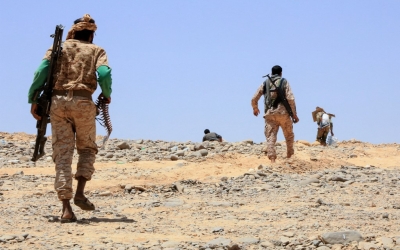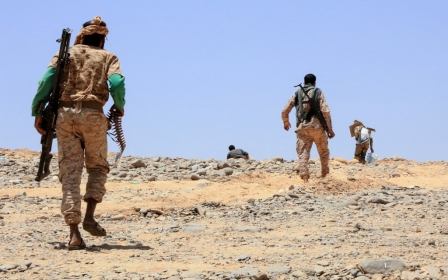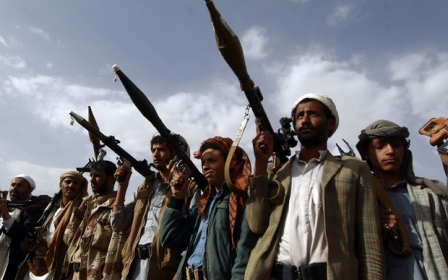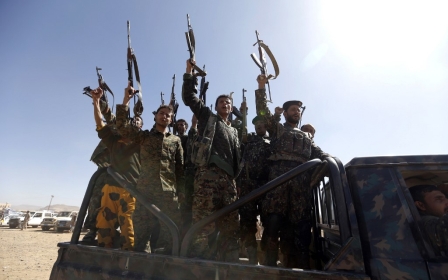Greece to lend Patriot battery to Saudi Arabia after increase in Houthi attacks
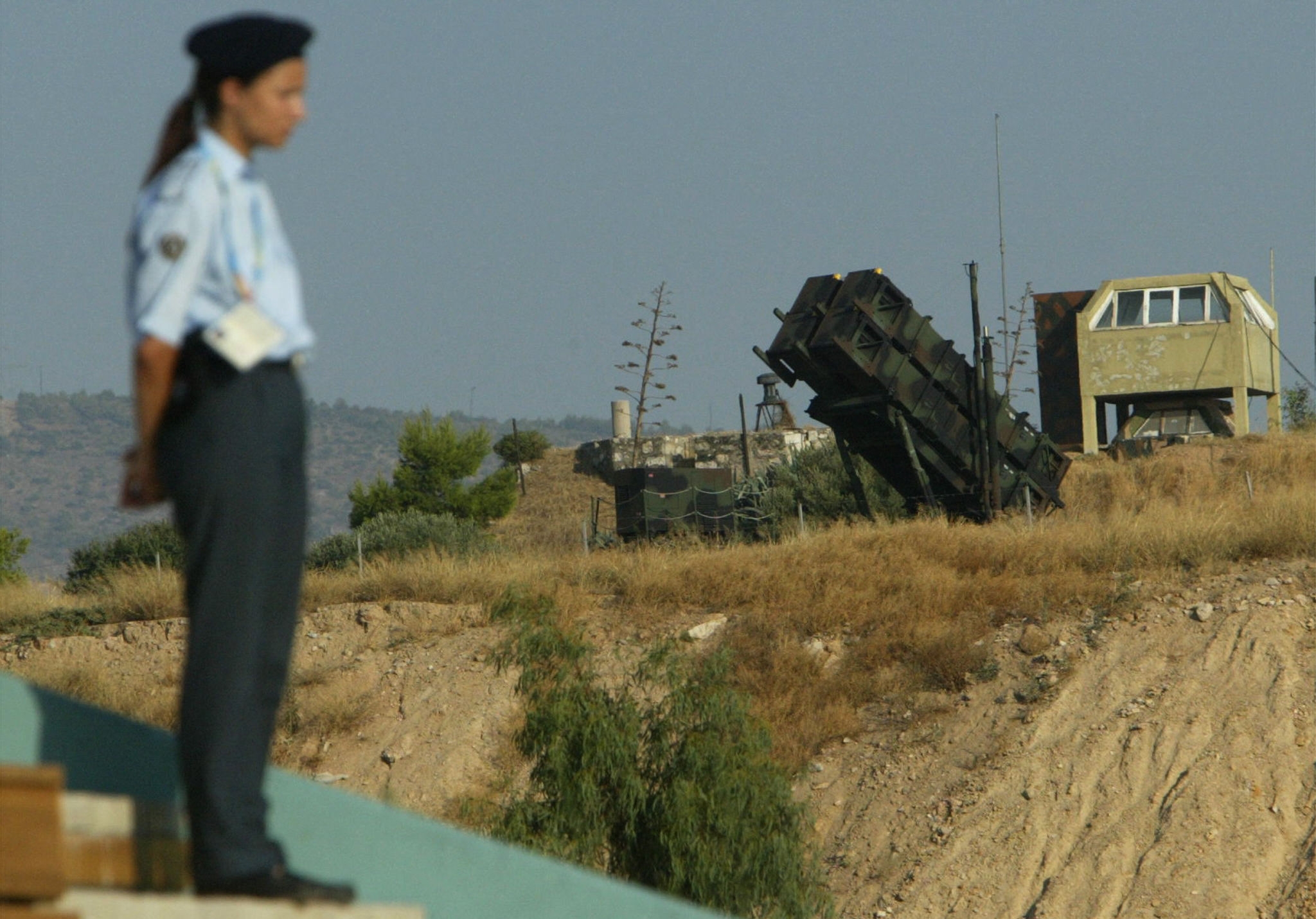
Greece will lend Saudi Arabia a Patriot missile battery as the Gulf kingdom seeks to protect vital infrastructure against attacks by Yemen's Houthi rebels, officials said on Tuesday.
Greek officials said that the surface-to-air system would help defend against increasing attacks by the Yemeni group on critical energy infrastructure.
New MEE newsletter: Jerusalem Dispatch
Sign up to get the latest insights and analysis on Israel-Palestine, alongside Turkey Unpacked and other MEE newsletters
Saudi Arabia, the top crude exporter which leads a military coalition against the Houthis, relies heavily on US-made Patriots to intercept missiles and drones fired at the kingdom on a near-daily basis by the Iran-aligned rebels.
"We signed the agreement to transfer a Patriot battery here in Saudi Arabia," Greek Foreign Minister Nikos Dendias said in a statement during a visit to Riyadh with Defence Minister Nikos Panagiotopoulos.
In a separate statement, Panagiotopoulos said the Patriot would be "deployed in the coming period and operate on Saudi Arabian soil... to protect critical energy infrastructure from terrorist threats".
There was no immediate comment from the Saudi authorities, who have not disclosed how many Patriots the kingdom currently has.
US missiles withdrawn
The announcement comes after the United States declared in May last year that it was pulling out four of its Patriots from Saudi Arabia.
Two of those anti-missile batteries were deployed following September 2019 attacks on two Saudi oil installations, strikes that caused turmoil on global energy markets after they temporarily halved the kingdom's crude output.
Although the Houthi rebels claimed responsibility, Riyadh and Washington held Iran responsible, a charge Tehran denied.
In recent months, the Houthis, who are battling the Saudi-led coalition that intervened in Yemen's war in 2015, have stepped up drone and missile strikes on Saudi targets, including its oil facilities.
Middle East Eye delivers independent and unrivalled coverage and analysis of the Middle East, North Africa and beyond. To learn more about republishing this content and the associated fees, please fill out this form. More about MEE can be found here.


